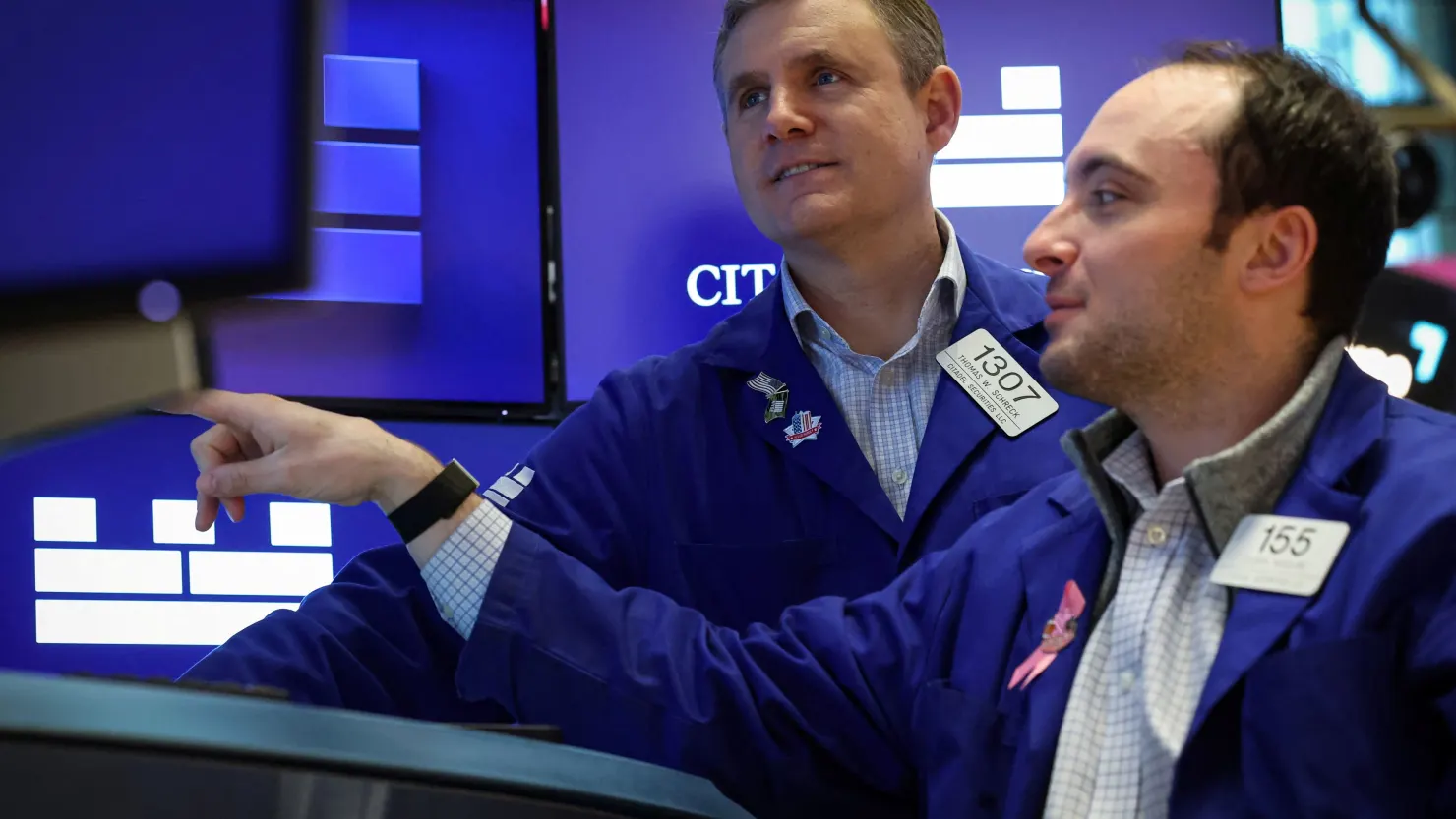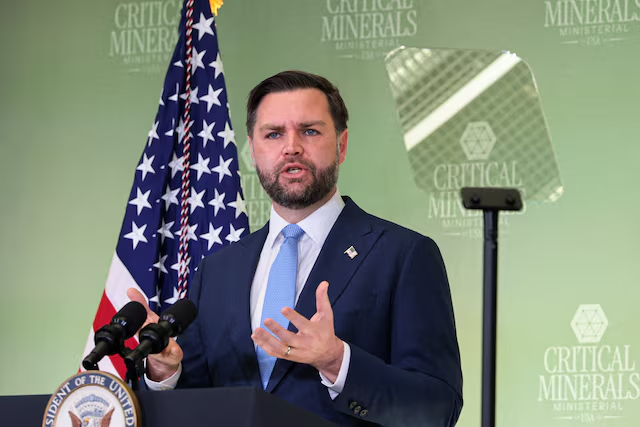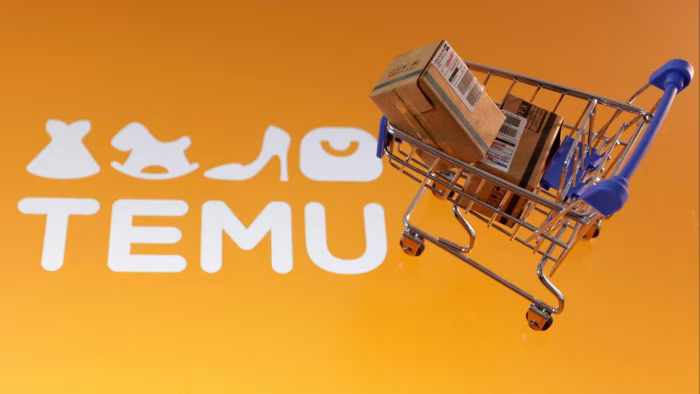Temu, the ultra-popular online shopping app known for dirt-cheap deals and TikTok haul videos, is now in hot water with European regulators.
On Monday, the European Commission dropped some serious accusations, saying Temu isn’t doing nearly enough to stop illegal or unsafe products from being sold on its platform. From baby toys to small electronics, investigators found a worrying number of “non-compliant” items available for purchase — and EU watchdogs are not amused.
These early findings come as part of an ongoing investigation launched under the Digital Services Act (DSA) — a sweeping set of rules aimed at keeping the online marketplace safe for users across the EU. The Commission is looking into whether Temu, owned by China’s Pinduoduo Inc., is living up to those obligations. So far? Not really, according to Brussels.
“Consumers shopping on Temu are very likely to find illegal products,” the Commission said bluntly in its statement.
To dig into the issue, regulators went undercover with a “mystery shopping” test — and what they found raised red flags. Products that don’t meet EU safety standards were apparently easy to come by, especially among child-related items and cheap tech.
Temu, which boasts 92 million users across the EU, is accused of doing a poor job identifying and mitigating risks. One big issue? The company’s internal assessments rely on vague, industry-wide data, rather than specifics about what’s happening on its own platform.
That’s a no-go under the DSA, which requires very large platforms like Temu (officially designated as such last year) to get serious about vetting products and cracking down on shady sellers.
Temu has a chance to respond to the Commission’s findings before anything becomes official. But if regulators move forward and confirm a breach, the company could face fines of up to 6% of its global revenue — a massive penalty for a platform whose parent company is valued in the billions.
Temu issued a brief statement, saying it’s “cooperating fully” with the EU’s investigation. That may not be enough.
The current issue is just one slice of a larger probe. Regulators are also digging into Temu’s “addictive design features”, how its recommendation algorithms work, and whether researchers have access to key platform data.
Temu isn’t alone in the EU’s crosshairs. The Commission has also gone after AliExpress for counterfeit goods, and is investigating Shein for concerns around consumer protection. The message is clear: Brussels is tightening the screws on fast-growing Chinese e-commerce platforms flooding the European market with cheap — and often questionable — imports.
To put extra pressure on these companies, the EU is also planning a €2 flat fee on small packages coming into the bloc — most of which are shipped from China.
“Temu is a priority for us,” said one EU official. “Non-compliant products from online marketplaces are a growing problem.”
Temu exploded in popularity by offering fashion, gadgets, and home goods at prices that often feel too good to be true — and sometimes, they are. The Commission says EU consumers are being exposed to serious safety risks, and the platform isn’t stepping up fast enough.
Now, the question is whether Temu can clean up its act — or if the EU’s crackdown will force one of the fastest-growing shopping apps in the world to change how it does business in Europe.
The Verge, the Associated Press, the Financial Times, and Reuter contributed to this report.










The latest news in your social feeds
Subscribe to our social media platforms to stay tuned